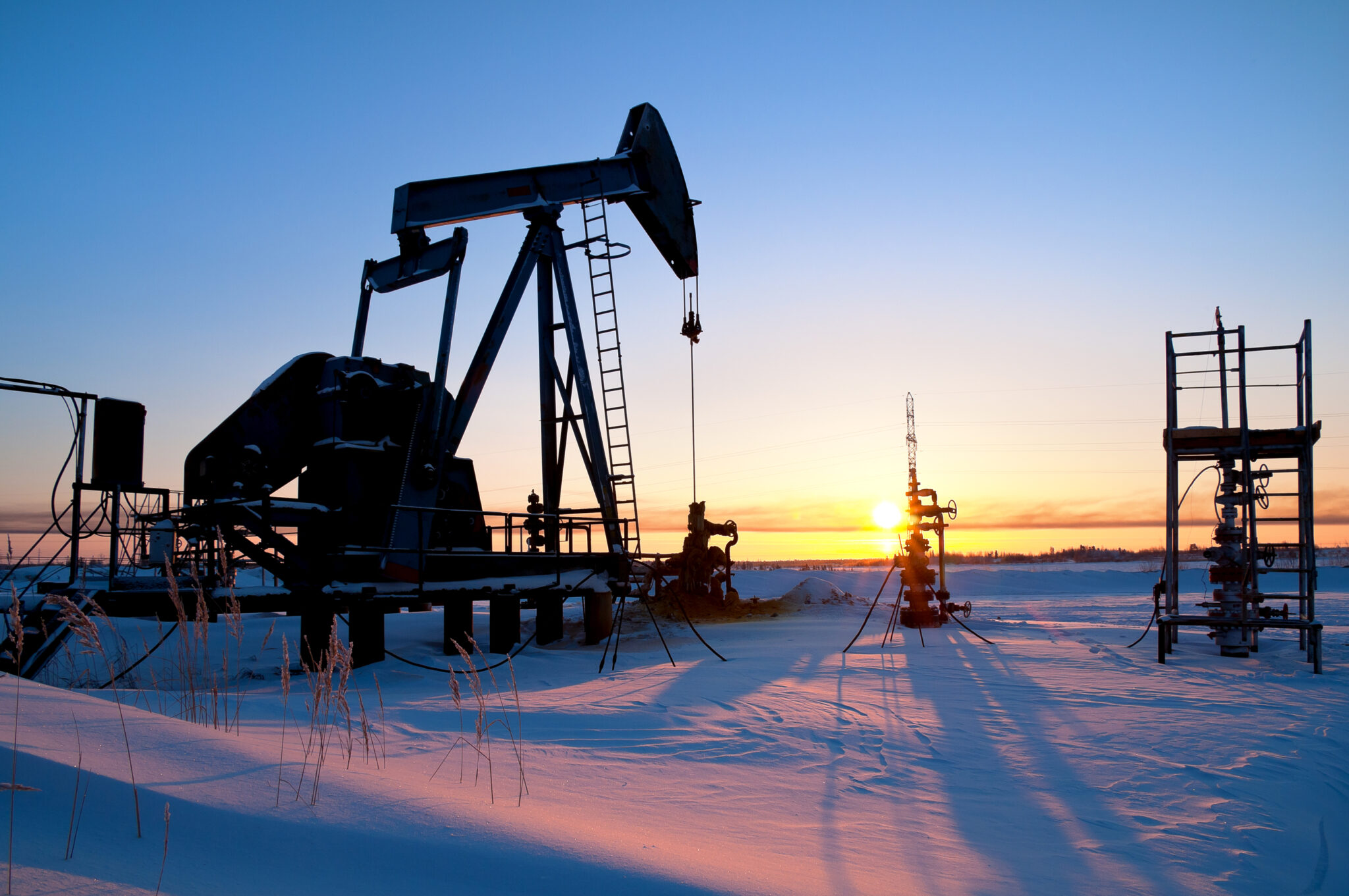Shipping Telegraph India hits back at NATO chief’s warning of US sanctions over oil trade with Russia
India is confident of meeting its energy requirements if Russian supplies are hit by secondary sanctions, India’s minister of petroleum and natural gas Hardeep Singh Puri said on Thursday in what is seen as the first official reaction to the US threat of secondary sanctions for buying those barrels.
He noted there are many new suppliers coming into the market, such as Guyana, and there is supply from existing producers such as Brazil and Canada.
“I’m not worried at all. If something happens, we’ll deal with it,” the minister said.
Separately, India has strongly reacted to recent remarks made by the NATO Secretary General Mark Rutte that countries buying Russian oil and gas could face secondary sanctions.
India’s ministry of external affairs spokesperson Randhir Jaiswal has made it clear that it will not compromise on the country’s core interests, especially its energy security.
“We have seen reports on the subject and are closely following the developments. Let me reiterate, and I have said this in the past as well. Securing energy needs of our people is understandably an overriding priority for us. In this endeavor, we are guided by what is there on offer in the markets, as also by the prevailing global circumstances. We would particularly caution against any double standards on the matter,” he said at the weekly media briefing on Thursday.
While speaking in a session organised on the sidelines of India’s premier upstream oil and gas conclave, Urja Varta 2025, at Bharat Mandapam, New Delhi, petroleum minister Hardeep Singh Puri emphasized that India has broadened its oil import network.
Addressing questions on India’s energy security posture amid global geopolitical disruptions such as the Russia-Ukraine conflict and tensions in the Middle East, Puri stated that India had proactively expanded its crude import sources from 27 to 40 countries.
This diversification, he said, is a key measure to ensure uninterrupted energy access during periods of global turbulence. The minister pointed out that the repercussions of taking Russia off the market would be drastic.
On the topic of Russian oil imports, he clarified that Russia remains one of the world’s top oil producers with an output exceeding 9 million barrels per day. He warned that a sudden removal of this supply from the global market, out of a total of approximately 97 million barrels per day, would have created chaos, pushing prices to between $130-$200 per barrel.
The minister categorically stated that India has never purchased any sanctioned cargo and that Russian oil was not under global sanctions but only a price cap, carefully structured to reflect ground realities of the international energy supply chain.
Responding to concerns around long-term supply security in light of ongoing sanctions on Iran and Venezuela, Puri questioned the permanence of such restrictions and drew attention to the emergence of new sources of oil from countries like Brazil, Guyana, and Canada.
He asserted that the global oil market is gradually becoming more diversified and resilient, and reassured stakeholders that India is well-prepared to manage any volatility or disruptions that may arise.
Highlighting the rising energy demand and the vast scope for investment, the minister noted, “In the last five years, India has contributed 16% to the global increase in oil demand and is expected to account for nearly 25% of the incremental global energy demand through 2045. Our demand is not only large – it is structured, predictable, and responsible.”
Related Posts


